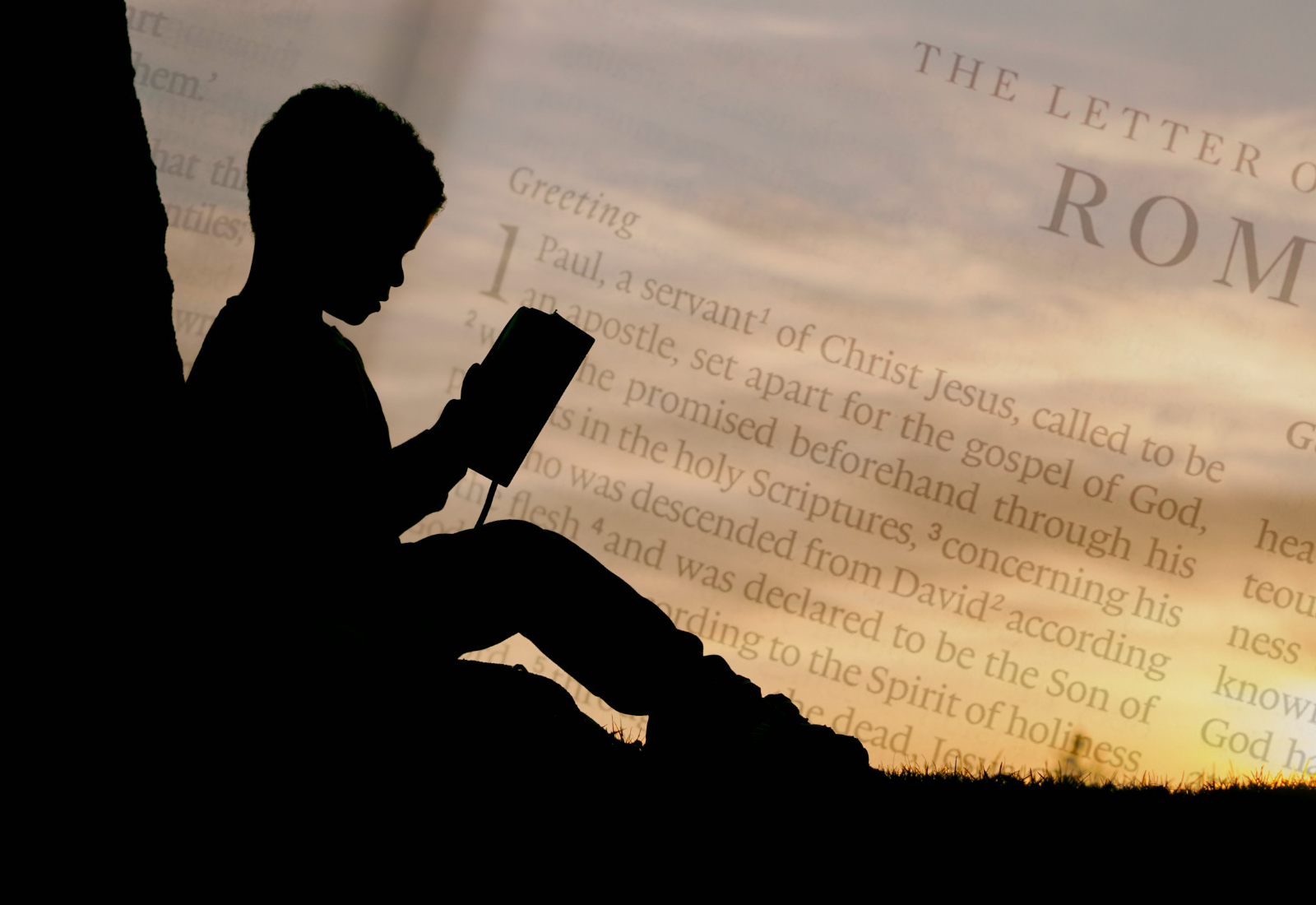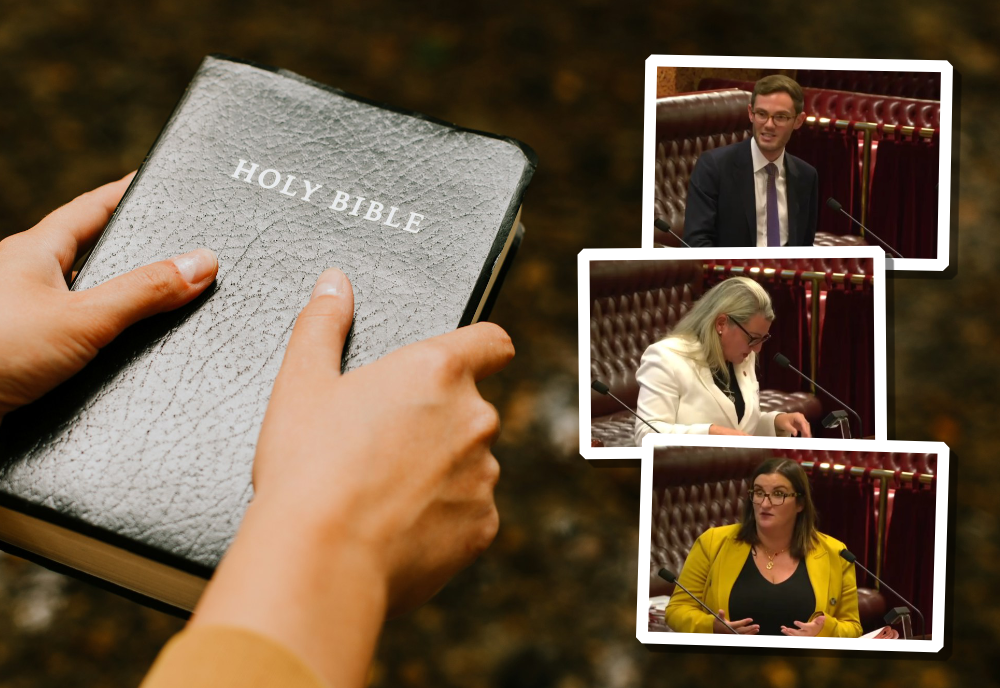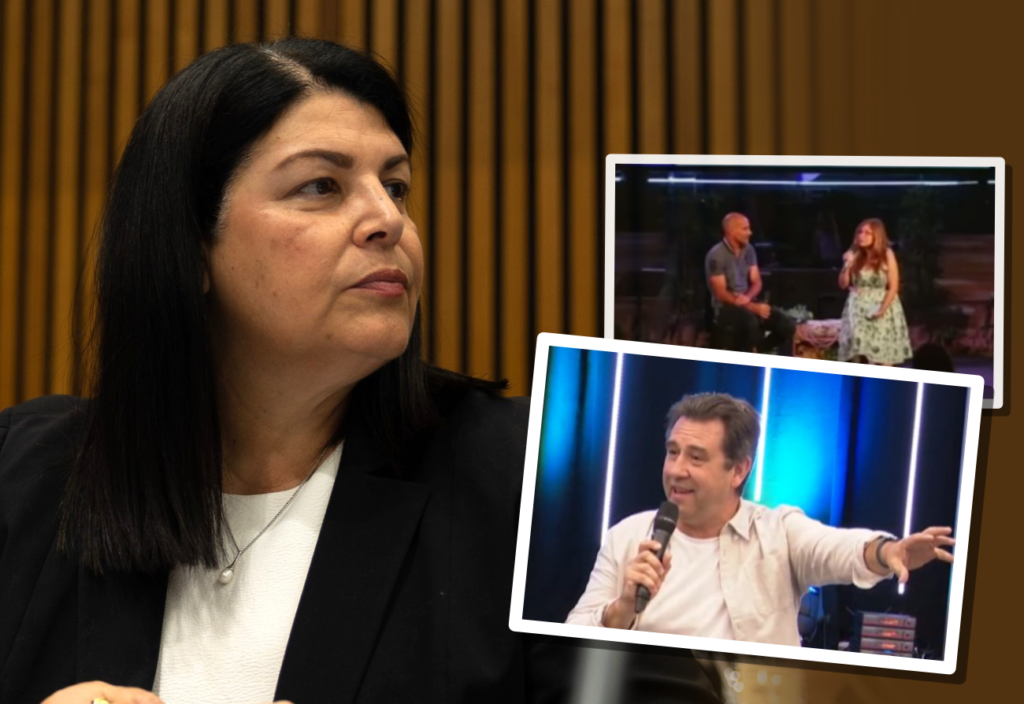If you ever sought an illustration of how a narrow phalanx of special interests can elbow aside popular opinion, then look no further than the continued presence of scripture classes in Australian public schools.
Yes, in taxpayer-funded institutions founded as free, secular and compulsory we still witness the weekly incursion of untrained, ecclesiastical volunteers delivering lessons indistinguishable from Sunday School.
Alas, like old cathedral walls long cracked but not yet condemned, scripture classes continue in our states and territories, with 30 minutes to an hour set aside during class time for the gentle preaching of someone’s Auntie Lydia telling our children what Jesus would do.
In some jurisdictions, only those who have parental permission can stop their normal curriculum to go and take part in scripture. However, in Queensland and New South Wales, the Religious Instruction program and the Special Religious Education (SRE) program, respectively, interrupt normal learning for all students to allow those with permission to take part.
An exception is the dissenting ‘People’s Republic of Victoria’, where scripture is held outside of curriculum time.
Secularists and educators, with the grim patience of someone trying to explain heliocentrism to a medieval committee, have pointed to the glaring contradiction in using educational settings to disguise beliefs as knowledge. Did God create the Earth in seven days, prior to creating the Sun? As my own child told me: “Dad, it must be true, we learnt it at school!”
Fortunately, we need not burn down the chapel to rebuild the school house. Secularists need to get behind the alternative – General Religious Education (GRE). Offering lessons in the types of religious thought and expression in Australia and the world, aimed at nurturing understanding and tolerance, GRE offers the chance for children to learn about faith without being forced to swallow it whole.
GRE is not about making converts or promoting one faith to the exclusion of others.
And, to be fair, scripture advocates are at pains to point out that they are not proselytising. No, they’re not trying to gain coverts! These are not mission fields of potential disciplines, they claim. It’s just some harmless colouring in books and singalongs, much like the door-to-door vacuum salesman who claims he’s only there to show you how one works.
But, as the credulous taxpayers and long-time subscribers to church-owned businesses that we are, let us take them at their word. If the main benefit is not to secure new Christians, then let us examine the arguments advanced in favour of scripture lessons and see how well they apply to GRE.
Freedom of religion
According to its advocates, scripture offers parents and students the right to learn about religion. This is fine on the face of it. No-one is arguing against religious literacy.
GRE teaches about all religions, which, funnily enough, is more religious freedom, not less.
Freedom of religion does not, and never has, included the right to impose belief on the unconsenting.
Values and morals
Scripture teaches children “morals and values”, we are told. But whether the tablets received by Moses upon Mount Sinai represent the sum total of moral wisdom today is highly questionable. Do our children need these lessons to determine right or wrong? Of course not.
In contrast, GRE teaches about the relationship between religion and moral frameworks, providing a nuanced and global perspective.
Historical and cultural relevance
Australia, like the rest of the Anglosphere, has a legal system and culture steeped in Christianity. GRE naturally has a greater focus on Christianity than other religions, given its relevance to our culture.
Social harmony
According to the Sydney Secondary College Scripture Board – which conducts SRE classes in New South Wales – religions have “the resources to inculcate goodwill not only towards their specific religious or ethnic community but towards the world in general”.
A nationally representative study of Australian teens has recently demonstrated that young people who have participated in education about diverse religions – or GRE – have more positive views of religious minorities than those who have not.
And yet nothing is more disharmonious than the theological absolutism of most faiths: the insistence on one true god, one true path – disagree and you’re taking the uber to hell.
How this sort of exclusivity is supposed to foster social harmony remains unexplained, though one suspects it involves a great deal of smiling through clenched teeth.
Encouraging diversity
Scripture classes promote diversity by allowing different faith groups to teach their beliefs. However, GRE goes one better by celebrating the diversity of all religions.
Community engagement
Sure, letting churches into schools engages the community. However, there is nothing stopping GRE including visits from the local pastor or to have excursions to local churches.
The spiritual side of life
Faith and spirituality are essential aspects of life, say some in reverent tones.
Yes, humans have always wrestled with the big questions: Why are we here? What happens when we die? Why were we given acne? GRE provides meaningful engagement with these questions.
Religious experience
You cannot appreciate religion without experiencing it, claim some advocates. But is this realistic? In educational terms, do we need a time machine to appreciate history? Can we understand faith without involving actual seances, or surprise baptisms, or metaphorical blood sacrifices.
GRE provides an understanding of the depth of religious experience giving the tools so that children may seek out the experience at an appropriate venue – like say, the empty church on the corner.
In summing up, GRE satisfies every argument made in favour of scripture, minus the part where your child might accidentally become an Anglican. And if its supporters continue to insist that scripture is the better option, it’s only because GRE doesn’t offer quite the same chance to vacuum up the hearts, minds, and tithes of our next generation.
Published 13 June 2025.
If you wish to republish this original article, please attribute to Rationale. Click here to find out more about republishing under Creative Commons.
Image: Aaron Burden on Unsplash; Kelly Sikkema on Unsplash.








